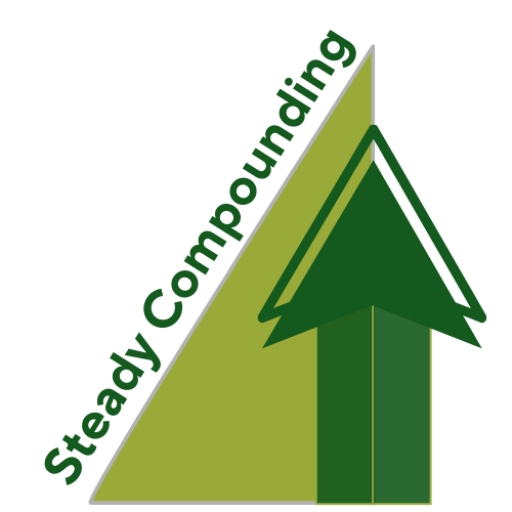Recently, the stock market has been in a freefall, with high profile growth names declining more than 50% from their all-time highs.
As of 19 May 2022:
Cloudflare (-74%)
Shopify (-79%)
Roku (-80%)
This drawdown affected even the profitable mega caps.
Microsoft (-28%)
Amazon (-43%)
Google (-27%)
News headlines are constantly screaming, “Rising interest rates are tanking the stock market!”
Unfortunately, they do not explain the reason. Let me explain why interest rates influence share prices.
#1 Interest expenses eat into business profits
In order to pay for their daily business needs or to finance their expansion plans, many companies use debt.
Starbucks, for example, has approximately $16B worth of debt on its balance sheet.

Under its footnotes, we can see which of its debts are due soon. In this case, we can see that $4.7B of its debt must be paid off or refinanced in the next five years.

Starbucks pays from 0.5% to 3.7% on these debts. For simplicity’s sake, let us assume they are paying 2.5% on their debt of $4.7B. This amounts to $117.5M in interest expenses.
Imagine if they had to refinance these debts at 5% interest rates as interest rates rise. Their interest expenses will double to $235M annually!
#2 Cost of debt increases, reducing consumption
Because of low interest rates, consumers are more likely to borrow money and increase consumption.
As with the Starbucks example above, increasing interest rates will eat into consumers’ disposable income. As an example, if you have a mortgage of $500,000 at floating rates, a 2.5% increase in interest rates will cost you an additional $12,500 in interest expenses.
US households earn around $68,000 on average. An increase in interest expense of $12,500 will shave their income off by 18%. Thus, consumers have less money to spend on goods and services, which directly impacts business sales.
#3 Asset values decline as interest rates rise
Without going into financial modeling voodoo, interest rates act as gravity on asset prices. Increases in interest rates are like stronger gravity, pulling down asset prices.
It is because the intrinsic value of a business is its future cash flow discounted to the present. The discount rate is based on interest rates plus an equity risk premium.
Click here to read my primer on valuation to learn more .
Not all companies are affected equally.
A company in its growth phase would be most severely affected for two reasons:
First, they are burning cash rapidly to gain market share, and they are often reliant on capital markets for funding. The company’s debt would cost more if rates rise. In addition, since rising interest rates lower asset values, issuing more shares results in greater dilution to existing shareholders.
Second, an increase in interest rates hurts long duration assets the most. Confused? Using our interest rates are like gravity to asset prices analogy, companies that are unprofitable today are experiencing a much stronger gravity.
Look for companies that aren’t at the mercy of external capital
If there is a recession, I want to own companies that will be able to take advantage of the opportunities that will arise. With a strong balance sheet and/or reliable cash flow streams, companies could:
1. Buyback shares at depressed prices,
2. Buy over their competitors who at depressed prices, or
3. Invest heavily and take over market share from their competitors


Good